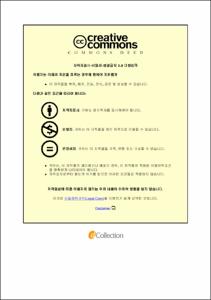Aryl Hydrocarbon Receptor Antagonists Alleviate Acute Hepatic Ischemia-Reperfusion Injury
- Abstract
- Aryl hydrocarbon receptors (AhRs) are important mediators of ischemic injury in the brain. Furthermore, pharmacological inhibition of AhR activation after ischemia attenuates cerebral ischemia-reperfusion (IR) injury. Here, we investigated whether administration of an AhR antagonist after ischemia was effective in ameliorating hepatic IR injury. Therefore, a 70% partial hepatic IR injury (45-min ischemia and 24-h reperfusion) was induced in rats, and 6,2',4'-trimethoxyflavone (TMF; 5 mg/kg) was administered to them intraperitoneally 10 min after ischemia. Hepatic IR injury was assed using serum samples, magnetic resonance imaging-based liver function indices, and liver samples. TMF-treated rats showed significantly lower relative enhancement (RE) values and serum alanine aminotransferase (ALT) and aspartate aminotransferase levels than control rats 3 h after reperfusion. Additionally, 24 h after reperfusion, TMF-treated rats had significantly lower RE values, ΔT1 values, serum ALT levels, and necrotic area percentage than rats of the control group. Moreover, the expression of the apoptosis-related proteins Bax and cleaved caspase- 3 was significantly lower in TMF-treated rats than in control rats. This study showed that AhR activation inhibition after ischemia ameliorates IR-induced liver injury in rats. Key words: Aryl hydrocarbon receptor, hepatic ischemia-reperfusion injury, magnetic resonance imaging
- Issued Date
- 2024
- Awarded Date
- 2024-02
- Type
- Dissertation
- Alternative Author(s)
- Kwon Jae-Im
- Affiliation
- 울산대학교
- Department
- 일반대학원 의과학과 의과학전공
- Advisor
- Dong Cheol Woo
- Degree
- Doctor
- Publisher
- 울산대학교 일반대학원 의과학과 의과학전공
- Language
- eng
- Rights
- 울산대학교 논문은 저작권에 의해 보호받습니다.
- Appears in Collections:
- Medical Science > 2. Theses (Ph.D)
- 파일 목록
-
-
Download
 200000728541.pdf
기타 데이터 / 1.78 MB / Adobe PDF
200000728541.pdf
기타 데이터 / 1.78 MB / Adobe PDF
-
Items in Repository are protected by copyright, with all rights reserved, unless otherwise indicated.